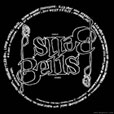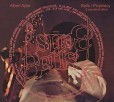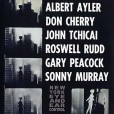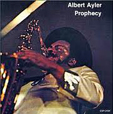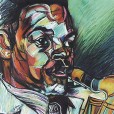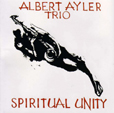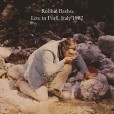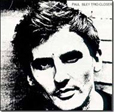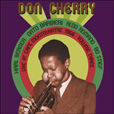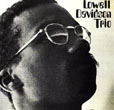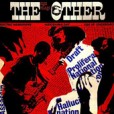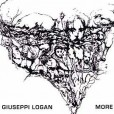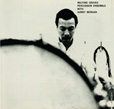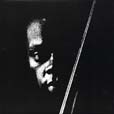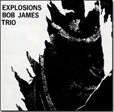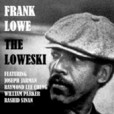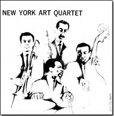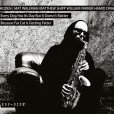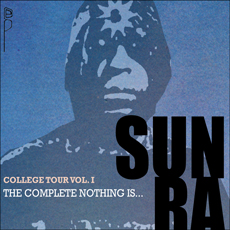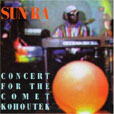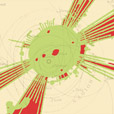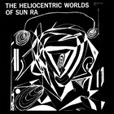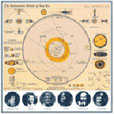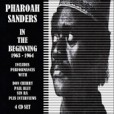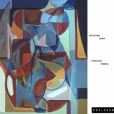Your basket is empty

Gale-force masterpiece.
Bells is rough, revelatory, key. Albert and his brawling new group — brother Donald, Charles Tyler (making his recording debut), Louis Worrell and Sonny Murray — rocking New York Town Hall to the ground on May Day 1965. Prophecy was captured on tape by the poet Paul Haines the year before at the Cellar Cafe in NYC: the Spiritual Unity lineup, Ayler with Sonny Murray and Gary Peacock; with four performances from the same concert added to the original LP release.
Recorded live with Sonny Murray and Gary Peacock in 1964 — just a month before the Spiritual Unity session — already veering so intensely and steeply way outwards from core, morphemic scraps of tunes like Ghosts and Spirits.
‘I want to play songs like I used to sing when I was real small.’
This fiftieth anniversary CD includes as a bonus the track briefly substituted for Spirits on an early vinyl edition. It is the same tune known as Vibrations on the album of that title on Arista/Freedom (aka Ghosts when issued on Debut) and as ‘[tune Q]2’ on the Revenant box set Holy Ghost.
With Gato Barbieri, Karl Berger, Bo Stief and Aldo Romano, showcasing his new Blue Note album — still powerful, joyous, inspired.
Ornette brought the pianist to ESP in 1965.
With Milford Graves and Gary Peacock.
An anti-war collage of words and sounds from August 6, 1966, including contributions from a plastic clock-radio, The Velvet Underground, Gerard Malanga, Marion Brown, Allen Ginsberg, Ishmael Reed, Andy Warhol (standing around silently) and Ed Sanders.
Including two recordings from the same legendary 1965 Town Hall concert as Albert Ayler’s Bells. Sensationally, this edition adds previously unissued music retrieved from the end of the Bells master tape, doubling the length of Shebar to nineteen minutes.
With Don Pullen and Milford Graves.
A 1965 trio led by Ayler’s great bassist, with drummer Tom Price, and an early opportunity to hear the under-appreciated clarinettist Perry Robinson in full flight.
The five-part suite which kicked off the 1973 concert released as Black Beings (but which was omitted from that LP). Frank Lowe on fire, with Joseph Jarman, Raymond Lee Cheng, William Parker and Rashid Sinan all getting a word in, over the forty minutes.
Milford Graves (percussion), Leroi Jones (vocals), Roswell Rudd (trombone), John Tchicai (alto saxophone), Lewis Worrell (bass).
Mat Walerian, Matthew Shipp, William Parker, Hamid Drake.
The 1966 live LP augmented by more than ninety minutes from the same five dates.
All three volumes, with each disc enhanced, containing archival photos, critical writings and historical videos, including the eighteen-minute documentary Sun Ra Spaceways.
His first recordings, pre-Trane. Two previously unreleased sessions with Don Cherry and Paul Bley; his debut as a leader; and the first issue ever of the complete end-of-1964 concerts with Sun Ra at Judson Hall (Sanders’ only known recordings with the Arkestra).

